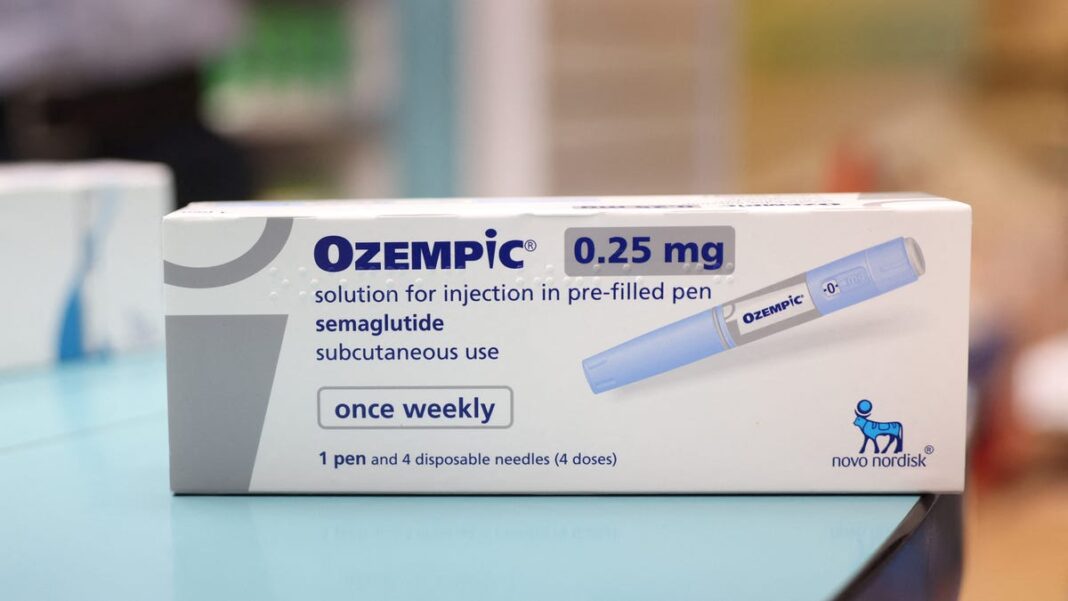Addressing Ongoing Insulin Shortages: Guidance for Diabetes Patients
This year, many diabetes patients have faced challenges in locating their usual insulin brands, as significant pharmaceutical companies have reported shortages. YSL News has looked into possible actions for those affected.
Concerns Among Advocates Regarding Insulin Shortages
Advocates representing diabetes patients dependent on insulin are alarmed by the instability of the insulin supply in the country. Certain insulin brands have experienced shortages intermittently since late 2023. This issue has drawn the attention of patient advocates and members of Congress who are pressing for explanations from the leading insulin manufacturers.
Congressional Actions Addressing Insulin Shortages
Recently, U.S. Representatives Diana DeGette from Colorado and Gus Bilirakis from Florida reached out to the three major insulin manufacturers to inquire about their strategies for restoring insulin supply.
In letters sent on September 23, they emphasized that insulin is a “critical public health need” and highlighted the necessity for patients with Type 1 diabetes to have consistent access to short-acting insulin.
Current Insulin Brands Facing Shortages and Their Causes
Earlier this year, Eli Lilly reported specific shortages of Humalog and insulin lispro in 10-milliliter vials. The company indicated that new regulations contributed to a short manufacturing delay, alongside shortages experienced by other manufacturers that increased demand for Lilly’s products.
To accommodate the demand, the company ceased production of its 3-milliliter Humalog vials, commonly used in hospitals, allowing them to focus on producing the more sought-after 10-milliliter vials, as mentioned in their correspondence to lawmakers.
According to a spokesperson, production delays will lead to significant shortages of Novo Nordisk’s Fiasp vials through October. Earlier, the company also faced shortages of NovoLog insulin.
Steps to Take if Insulin is Hard to Find
The recommended approach for patients is to check with local pharmacies regarding insulin availability and to reach out to additional pharmacies if necessary. If their preferred insulin is unavailable, patients should consult their healthcare provider to discuss alternative options.
How Many Americans Require Insulin?
For individuals with Type 1 diabetes, insulin is essential for managing blood sugar levels since their bodies do not produce it. Approximately 2 million Americans with Type 1 diabetes rely on insulin. Additionally, many with advancing Type 2 diabetes also use insulin. Overall, around 38 million Americans are diagnosed with diabetes, the majority being Type 2.
Alternative Medications for Individuals with Type 2 Diabetes
Patients managing Type 2 diabetes increasingly opt for weight management medications such as Ozempic and Mounjaro, which belong to the glucagon-like peptide-1 (GLP-1) class of drugs. Ozempic and Mounjaro are specifically approved to treat Type 2 diabetes, while other GLP-1 medications like Wegovy are aimed at weight loss. Pharmaceutical companies have invested heavily in manufacturing to meet the surging demand for these drugs intended for diabetes management, weight loss, and various other health issues.
According to data from Trilliant Health, a healthcare analytics firm, GLP-1 medications have recently surpassed insulin in prescription frequency for managing Type 2 diabetes, with only Metformin being prescribed more often in 2023.

